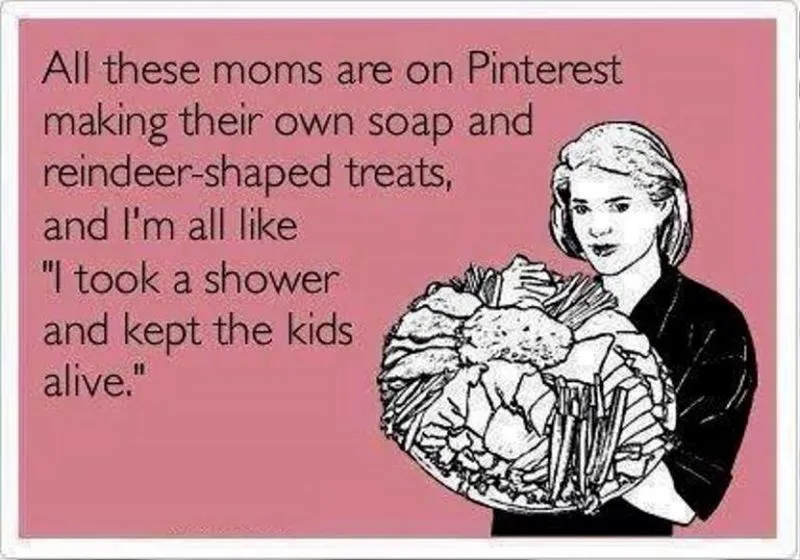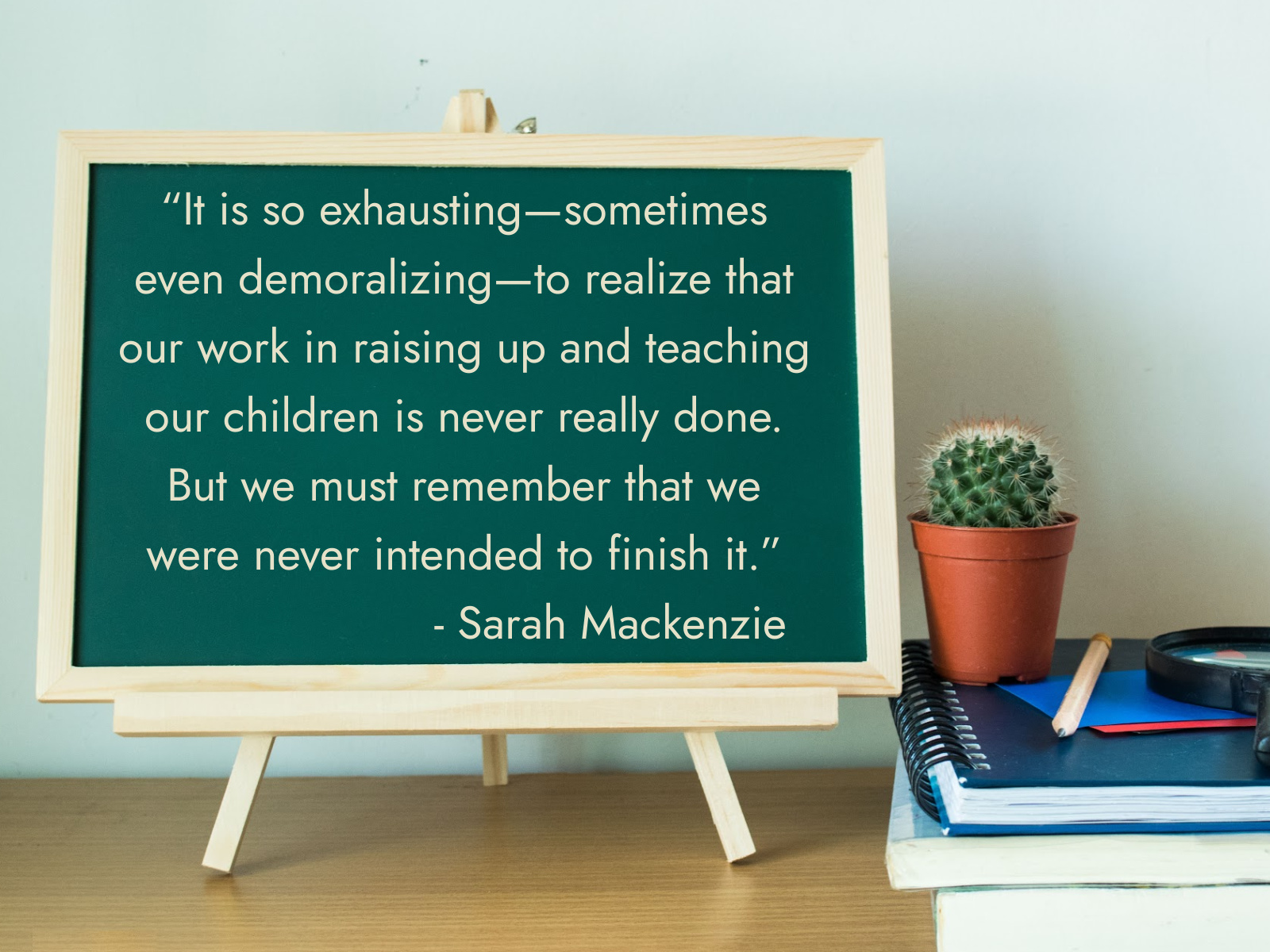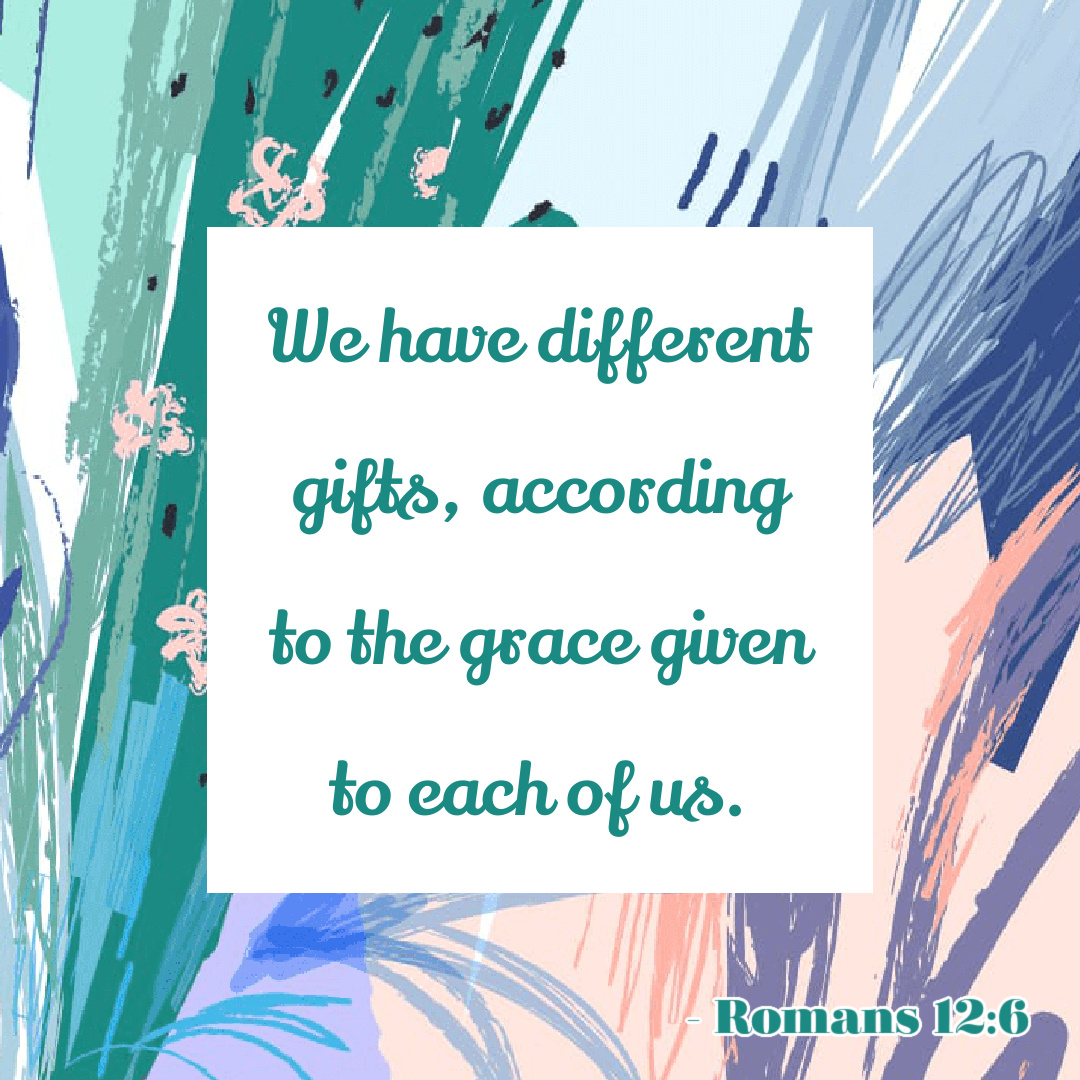I often wonder how far back the phenomenon of Mom Guilt extends. Like, did Eve go to bed each night wondering if she’d spent enough time playing with young Cain and Able that day? Did Mrs. Noah agonize over whether she’d given her sons enough attention between managing all the animals on the ark? Did the Israelite mothers sacrifice sleep, worrying that the breakfast-manna they’d molded into Pinterest-worthy shapes was less enticing than the manna pancakes the other moms had managed to create?
Somehow I doubt it. I think moms of previous generations were too busy focusing on how to keep their children alive and fed and clothed to concern themselves with whether or not they were meeting some arbitrary standards for mothering perfection. If their kids had a place to lay their heads at night and sandals on their feet, those moms could pat themselves on the back, knowing their work was done. I am certain that mothers have always wanted the best for our children, and made great sacrifices on our kids’ behalf, but I don’t know that the role of mothering always carried such heavy layers of comparison-induced guilt.

Moms today feel pressure to be all the things for our kids. Not only do we assume responsibility for their physical well-being . . . we also take it upon ourselves to ensure they are always happy, always comfortable, always engaged, and always reaching their full potential (while respecting and appreciating us in the process). In other words, we aim to be our kids’ personal chefs, wardrobe designers, entertainers, counselors, chauffeurs, activities directors, housekeepers, and friends—and still it seems that no matter how much we do for our kids, it just isn’t enough
As a homeschooling mom, I experience elevated pressure as I add Primary Educator to my many mothering hats. When there are gaps in my kids’ academic or social skills, I can’t pass blame on to their teacher(s) because their teacher is ME! I wear this mantle proudly, but it can be overwhelming. It was in this spot of feeling like I could never do enough when I attended Sarah Mackenzie‘s workshop titled, appropriately, Am I Doing Enough? at the homeschool convention I attended last month.*
I chuckled as Sarah shared the gaps she witnessed in her own kids’ learning. (My favorite: the time Sarah’s preteen son was signing up for a bank account but didn’t now how to provide a signature—to which the bank teller commented, “what are they teaching kids in schools these days?”) It was a relief to hear that even the homeschooling veterans and influencers don’t have it all together!

What stood out most from Sarah’s talk was her reminder that we probably will never be doing “enough” (if we could even define what “enough” looked like!), but that our job as our kids’ moms is not to control the results of our parenting. Our kids are not recipes, and we can’t guarantee how they will turn out. All of homeschooling (and all of parenting) is an act of faith: we can invest in our kids to the best of our ability, but ultimately we must trust God with the outcome.
For me, trusting God in the area of homeschooling means accepting that I will not always be a perfect teacher for my kids. There are subjects and skills we will accidentally skip, or that I may choose not to teach because they are not in my own wheelhouse. For instance, arts and crafts aren’t my thing, so we do fewer projects than many homeschooling families. I don’t love science so I outsource that subject, and I know I won’t be able to take my kids through the highest levels of high school math so I will need to lean on Luke to teach them calculus. We also are not a particularly athletic family, so sports are not a priority for us. Would these gaps be filled if they attended formal schooling? Probably, but I believe that for us the benefits of homeschooling outweigh those downsides.
EVERY school setting has its drawbacks and will leave students with empty spaces in their learning and growth. But every school environment also has its unique merits. Our schooling method of choice is no different: our little homeschool will have strengths that won’t be found in a traditional school setting.

What are those strengths exactly? I’ll enumerate a few of them:
- Perhaps the biggest advantage is that homeschooling provides our little crew with 1) more family togetherness and 2) dedicated opportunities for discipleship—I am able to pour into my kids’ spiritual lives as we weave Bible study, theology, and prayer into every portion of our day.
- 3) History and literature are my personal passions, so I prioritize those subjects with my kids.
- 4) My preference for “old-fashioned learning” (i.e. actual textbooks and pen-and-paper work instead of screens) will give my kids a unique perspective on the learning process.
- 5) Catering to each child’s learning preferences and interests will (hopefully) preserve their curiosity and love of learning beyond what would be possible in a classroom setting.
- 6) A spirit of independence, 7) an ability to think critically from a Biblical perspective, and 8) a knack for self-learning are the bonus strengths I anticipate my kids will have as homeschool graduates.
This practice of leaning into strengths is not exclusive to homeschooling families. All parents have their weak areas, and all of us have places where we shine. There is so much value and beauty in learning to lean into our God-given strengths as parents! These are what make our families unique, and embracing our unique areas is a path to our families’ flourishing—something that is not possible when we while our time away worrying about all that we are NOT doing.
I love the phrase “bloom where you’re planted,” which implies that we can grow and flourish regardless of our surroundings. As parents, this means blooming within our circumstances and also our giftings. The garden that is my family will never thrive if I am busy trying to make it look like someone else’s flower bed; but when I water and nurture our little plot of land with the unique passions and skills God has given me, we will blossom into the lovely garden He designed us to be.

*I know I’ve dedicated a lot of words to what I learned at that convention. What can I say, it was a powerful weekend.
When my children were young, if they felt safe and loved, I felt like we’d had a good day! I also tried to evaluate if the positives outweighed the negatives.